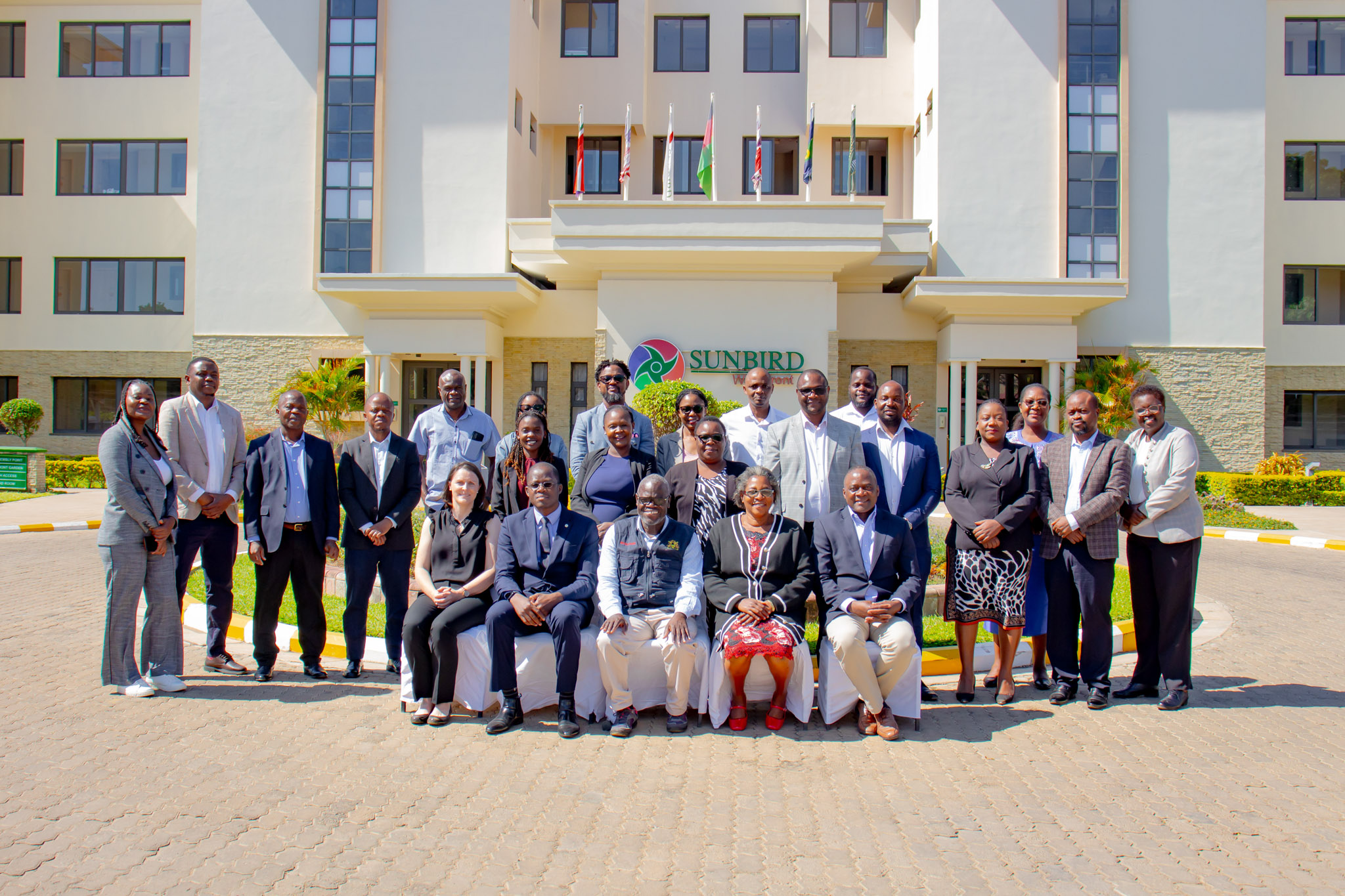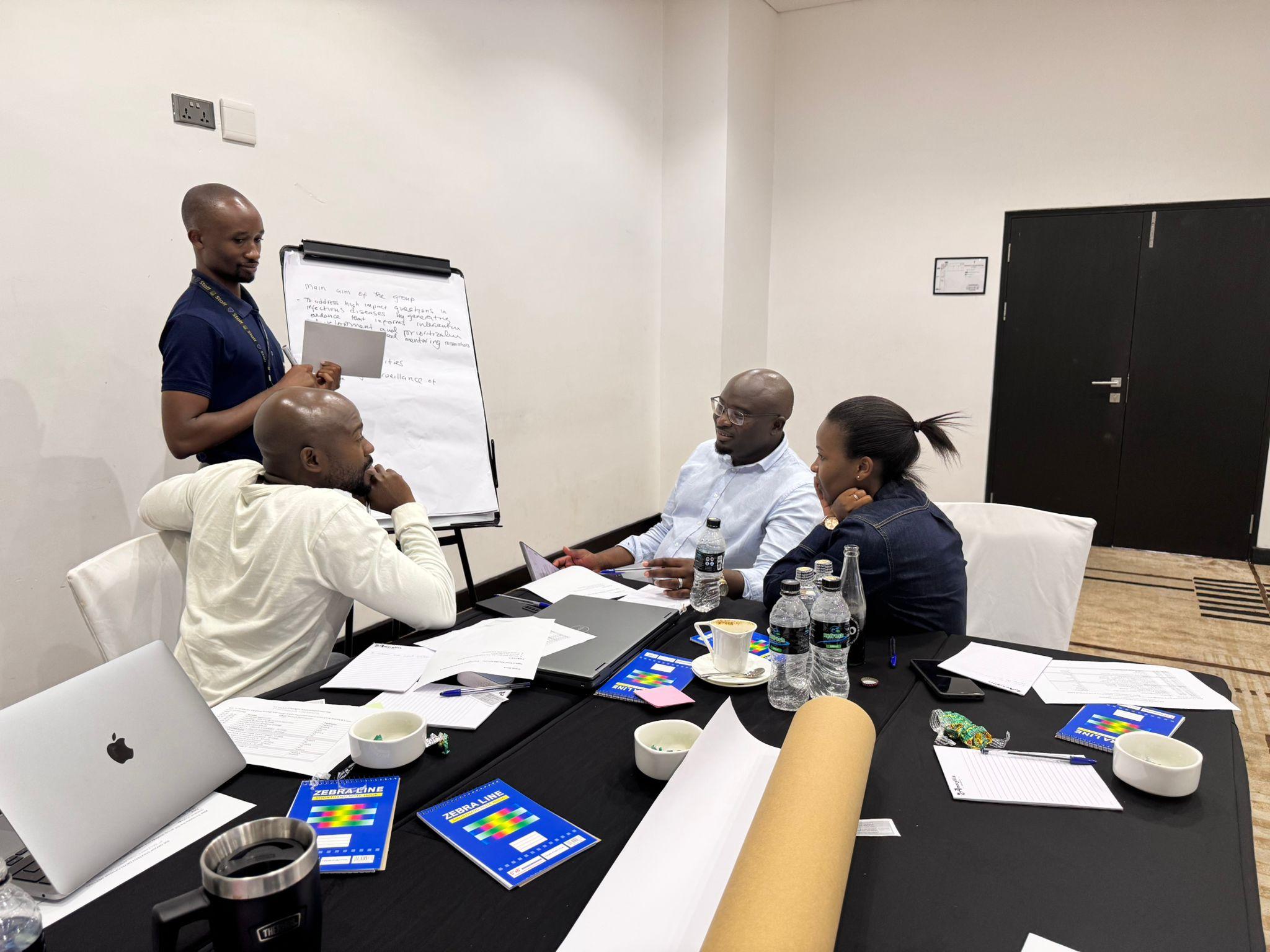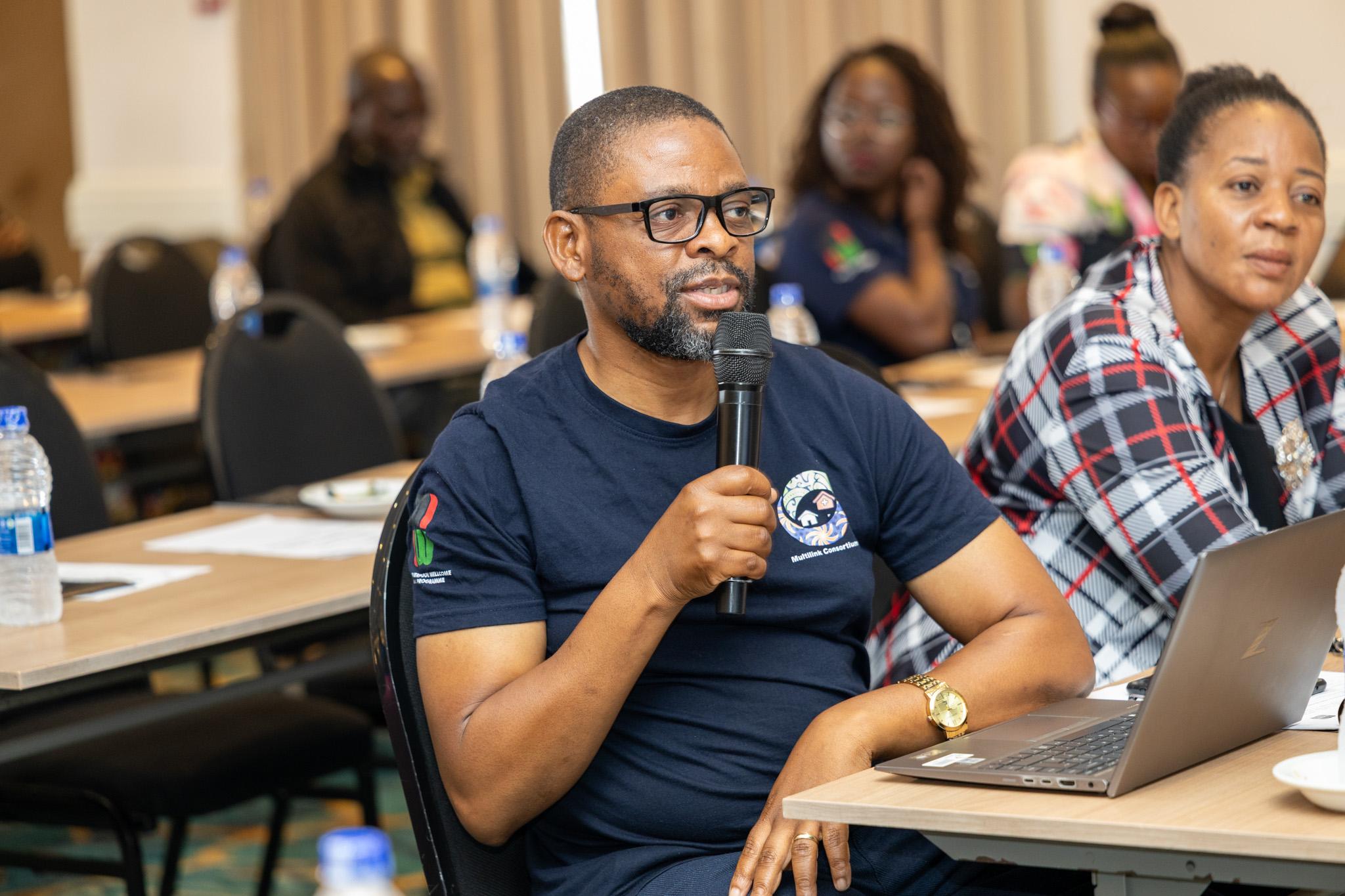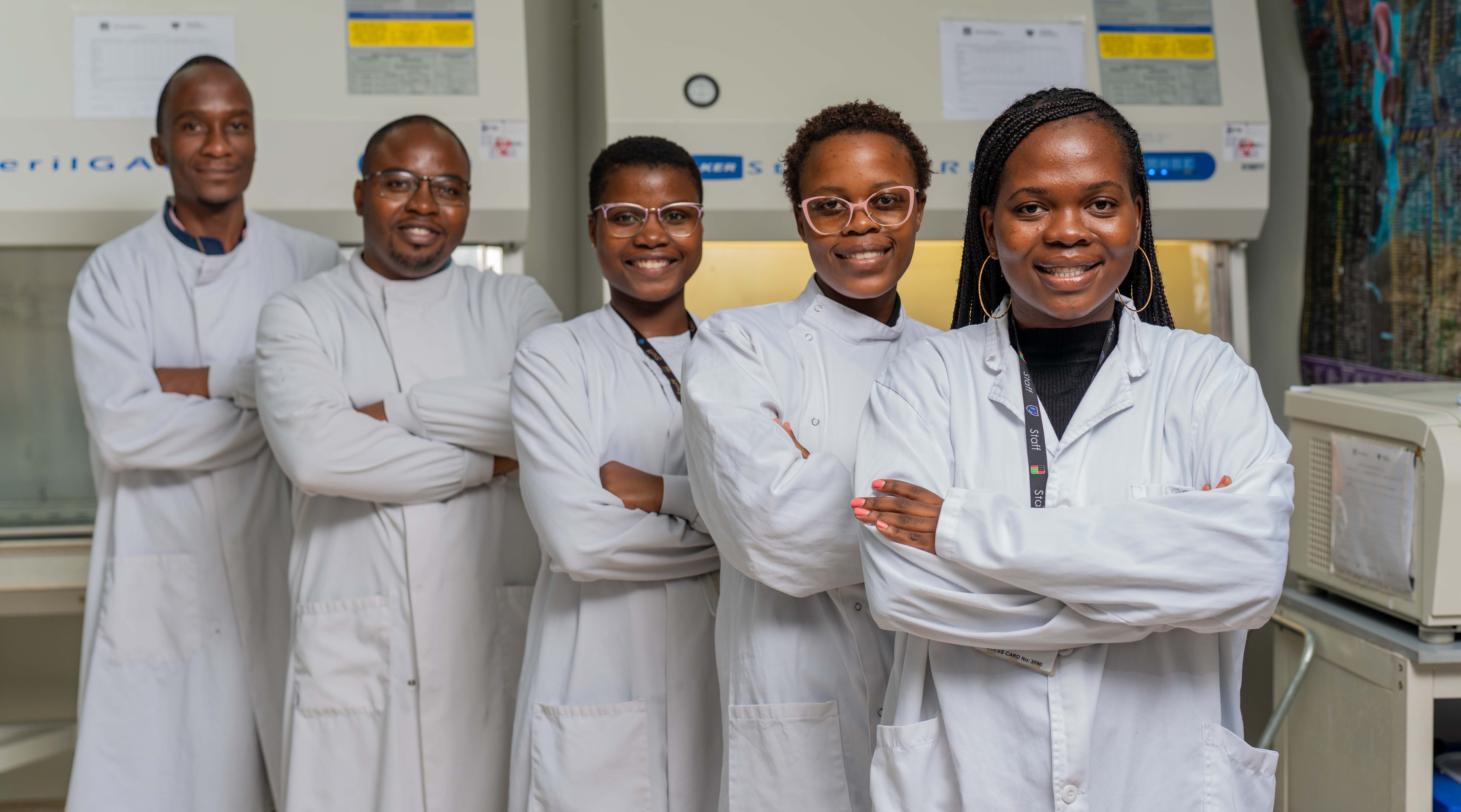The 2025 Nagoya Protocol on Access and Benefit-Sharing (ABS) workshop was held in Sengabay, Salima, bringing together key stakeholders to reinforce the principles of fair and equitable sharing of benefits from the use of genetic resources and associated traditional knowledge. As a key component of the Convention on Biological Diversity (CBD), the Nagoya Protocol underscores global efforts to conserve biodiversity and promote sustainable development.
Jointly hosted by the Malawi-Liverpool-Wellcome Trust Clinical Research Programme (MLW) and the Sanger Institute, the workshop opened with strong messages on the power of strategic partnerships in advancing national development and global health. Dr. Marthias Joshua, Chief of Health Services (Reforms) at the Ministry of Health, reaffirmed Malawi’s commitment to ensuring that local communities benefit from research efforts. “The Nagoya Protocol,” he said, “is a framework built on trust—guaranteeing capacity building, technology transfer, and access to life-saving interventions in return for the use of genetic resources.”
Professor Henry Mwandumba, Director of MLW, emphasized that research must go beyond scientific discovery to deliver real benefits to the communities involved. “At MLW, our work is not just about science—it’s about partnership and empowerment,” he stated.
“From diagnostics to new treatment pathways, the outcomes of our research must feed directly back into the communities and ecosystems that enable it.” His remarks highlighted MLW’s commitment to ethical, mutually beneficial research partnerships that strengthen both local impact and global scientific progress.
Throughout the workshop, participants explored the practical challenges of implementing the Nagoya Protocol, reviewed the Malawi–Sanger partnership, and discussed the terms of a critical Memorandum of Understanding. The final day focused on drawing lessons from the discussions and formulating actionable recommendations to ensure Malawi’s genetic resources are used responsibly, with benefits fairly shared among all stakeholders.



